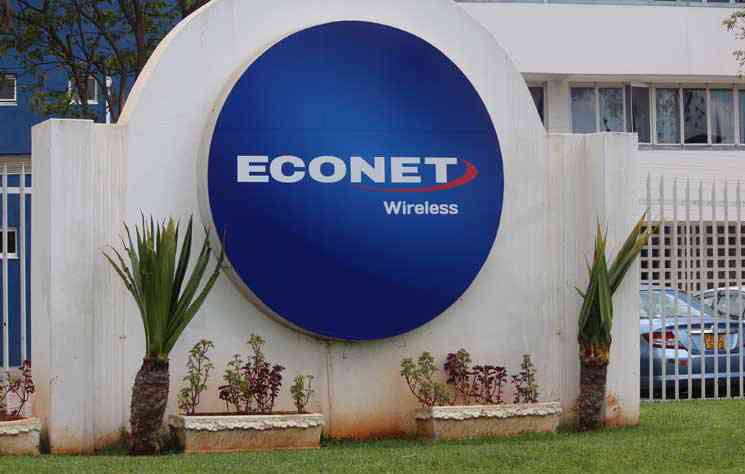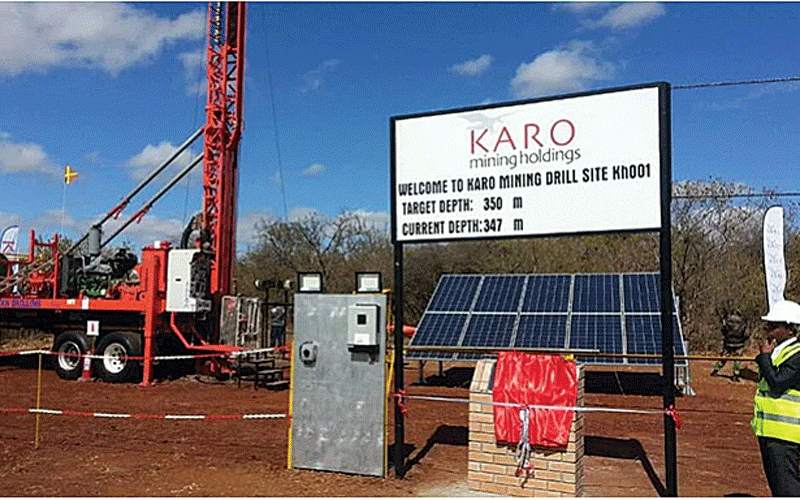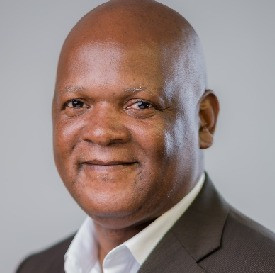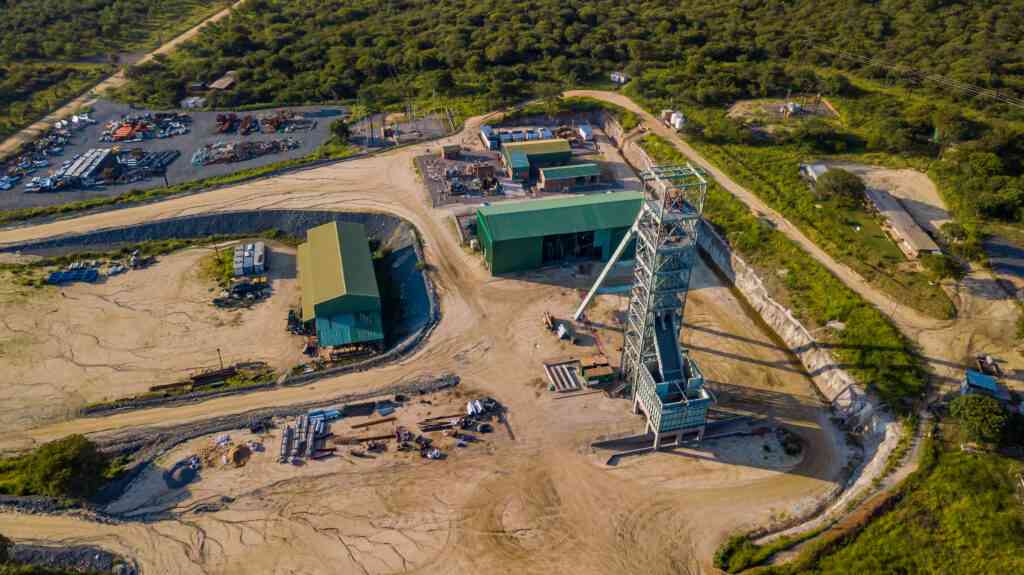
TELECOMMUNICATIONS giant, Econet Wireless Zimbabwe (EWZ) has admitted failure to raise enough foreign currency for purposes of redeeming its remaining debentures from a 2017 rights offer worth US$130 million.
EWZ and Ecocash Holdings Zimbabwe Limited (EHZL) have announced plans to do a rights offer with respect to the matured debentures that the businesses had taken up in 2017 before the companies' unbundling from one another.
This comes as the debentures are set to have fully matured today.
Both EWZ and EHZL seek to raise US$30,3 million, apiece, to settle the debentures stemming from a 2017 capital raise of US$130 million. From this capital raise, US$67,3 million was raised through a rights offer and an issuance of debentures with a nominal value of US$62,7 million.
This 2017 capital raise was done to serve foreign debt worth over US$100 million for work done to help the telecommunications giant maintain its network infrastructure in Zimbabwe.
“There are competing needs for the foreign currency generated by the company with the highest priority being given to the financing of the upgrade of the network infrastructure and the technology in use by the company. The company is not able to secure foreign currency for purposes of redeeming the debentures from the auction,” EWZ said, in a statement on Friday.
“The only available option is to raise the required foreign currency from members through the rights offer. If the proposed rights offer is not made, the company will be faced with the risk of defaulting on its debenture maturity obligations. This will damage the company’s prospects of accessing future loan facilities.”
EHZL made a similar announcement on why it was seeking to raise US$30,3 million required to redeem the debentures.
- Mboweni mentors emerging entrepreneurs, calls for integrity in business
- EcoCash unveils ‘request money’ service
- Mboweni mentors emerging entrepreneurs, calls for integrity in business
- Zim tycoons elevate offspring to key roles
Keep Reading
“The major shareholders have committed to following their rights, leaving an amount of approximately US$13 million to be raised from the other shareholders,” EWZ said.
“To provide certainty regarding the outcome of the rights offer, TN Asset Management (Private) Limited has entered into an underwriting agreement with the company (“underwriting agreement”) to underwrite the US$13 million.”
However, for EHZL, it said major shareholders had committed to following their rights, leaving an amount of approximately US$18 million to be raised from the other shareholders.
EHZL added that TN Asset Management (Private) Limited entered into an underwriting agreement with the company to underwrite the US$18 million.
Both companies have complained that sourcing foreign currency was becoming highly difficult for the firms owing mostly to the forex auction servicing mainly exporters.
A debenture is a long-term loan that a corporate or government raises from the public for capital requirements and is not secured by collateral.
“In the first quarter of 2017, Econet raised US$130 million through a rights offer worth US$67,3 million and an issue of debentures with a nominal value of US$62,7 million,” Morgan & Co research analyst Tafara Mtutu said, in an opinion piece published in our sister paper, Zimbabwe Independent last week.
“The rationale behind this was premised on the faltering parity between the US dollar and the bond notes, which underpinned local businesses’ inability to service foreign denominated obligations to lenders and creditors outside Zimbabwe. Econet had taken up foreign-denominated debt amounting to US$128,2 million from a syndicate of lenders by the time of this capital raise and seemed to be on the verge of defaulting on these loans.”
He said, in essence, Econet refinanced its loans by using six-year debentures with a 5% coupon to service loans that carried a weighted average interest rate of 7,1%.
“Although this eased the pressure on Econet, the pressure remained in the picture and Econet rode on hopes of a better operating environment by the time these debentures matured,” he said.
“Fast forward to the present date, hopes of a better environment have begun to materialise but not quickly enough. Zimbabwe switched back to the Zimdollar in 2019 and, for some time, banned the use of the US dollar.”










